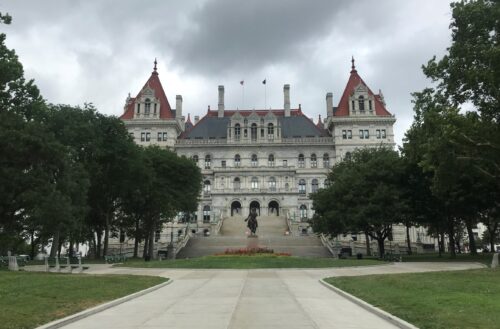
AFC presented this white paper at the 2016 national conference of the Council of Parent Attorneys and Advocates (COPAA). The paper discusses the rights of students with disabilities to behavioral supports, and individual and systemic advocacy strategies that provide support for students with disabilities instead of excluding them from school.






